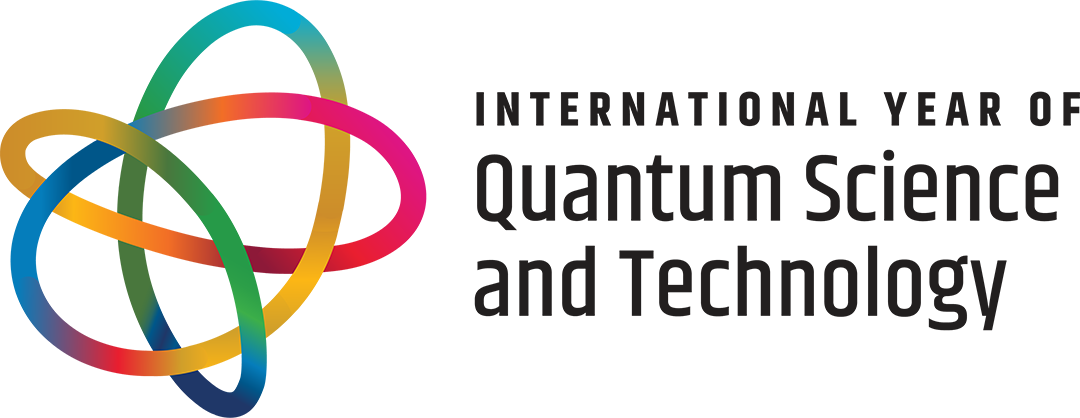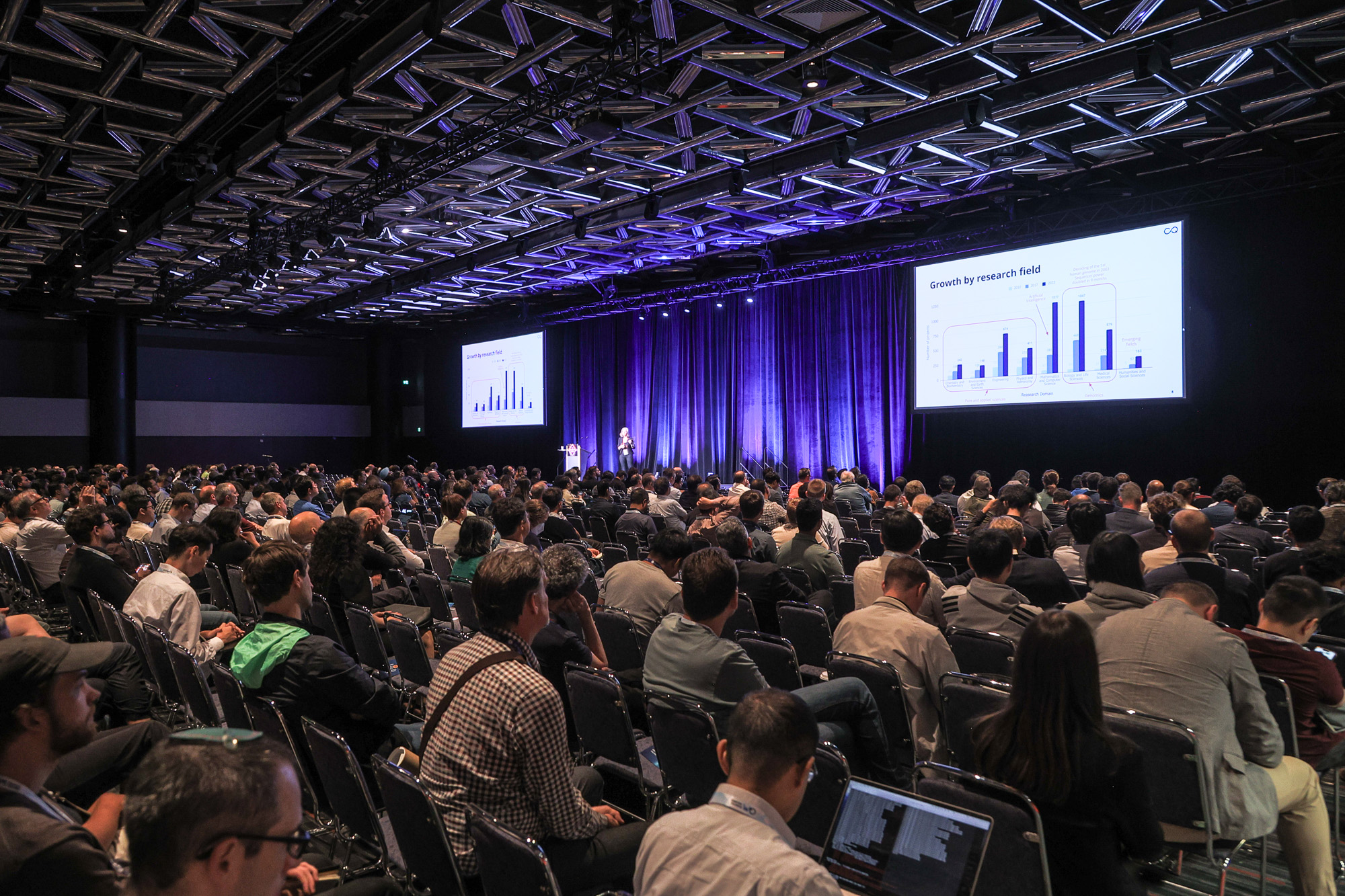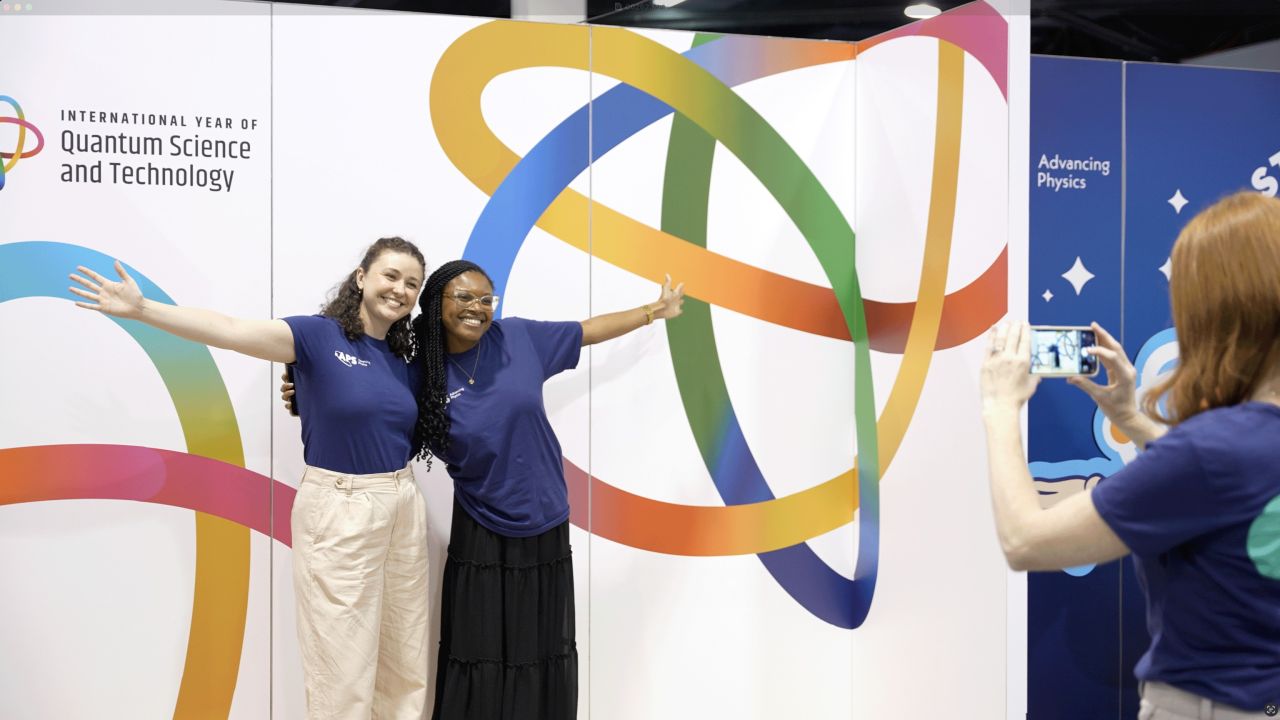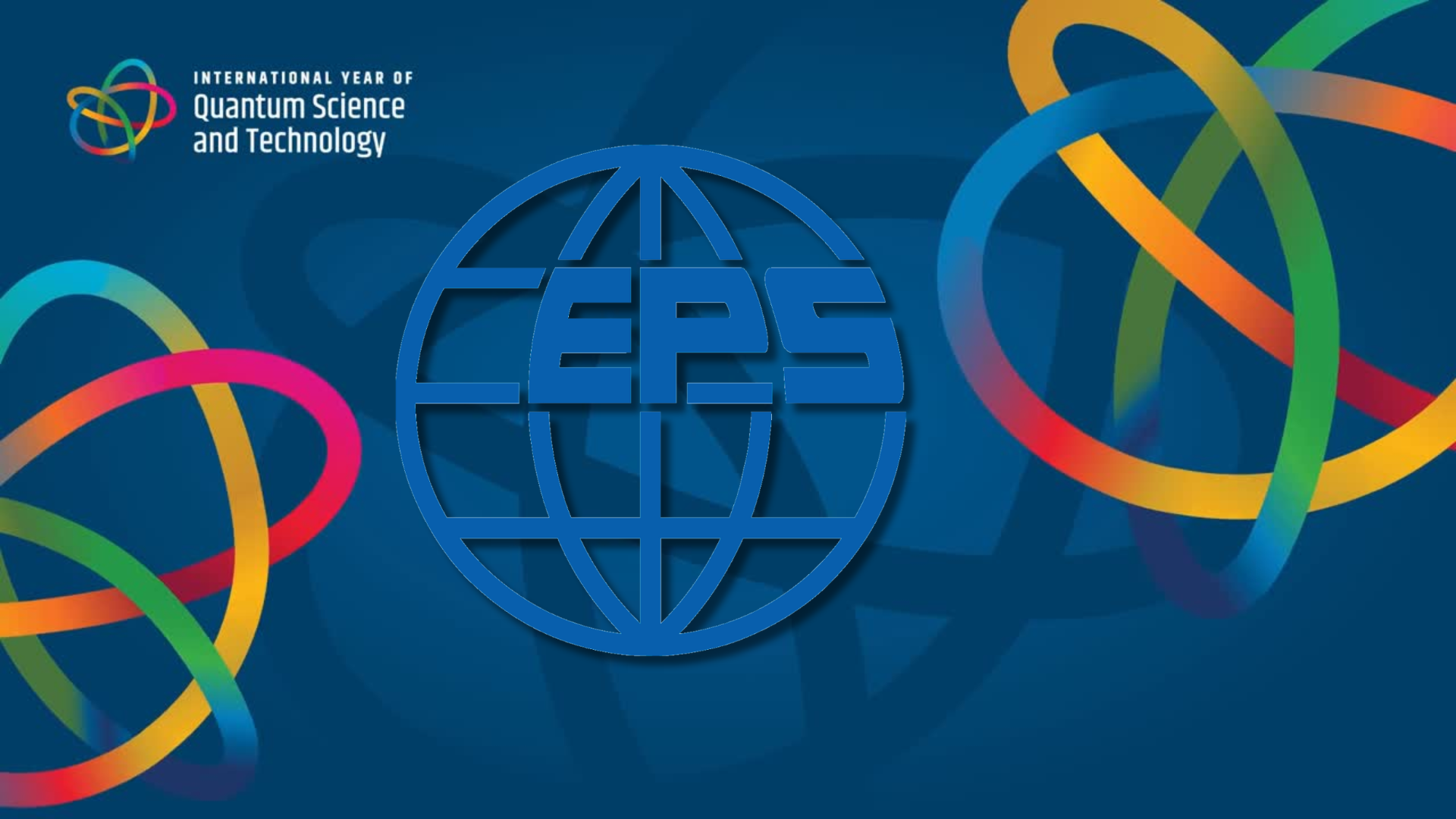IEEE International Conference on Quantum Computing and Engineering (QCE)—IEEE Quantum Week—reports record paper submissions from industry, academia, and government in growing technical areas
From August 31 to September 5, 2025, the city of Albuquerque, N.M., U.S., will be abuzz with cohorts of quantum experts, as the IEEE International Conference on Quantum Computing and Engineering (QCE), more simply known as IEEE Quantum Week, kicks off. This year’s conference will draw a diverse crowd of global leaders from industry, government, and academia, all working toward an exciting quantum future.
“At Quantum Week, there’s something for everyone,” says Hausi Müller, chair of the IEEE Quantum Technical Community, co-founder and Steering Committee Chair of IEEE Quantum Week, and professor of computer science at the University of Victoria in British Columbia, Canada. “Those new to the discipline walk away with as much as seasoned quantum computing experts. Quantum Week’s beauty is that it truly draws the global quantum community to shape what’s next for the field.”
Technical Program
Reporting more than 555 paper submissions—a nearly 25% increase over the number received in 2024—the 2025 conference will explore the topics shaping quantum research and development across various topical areas. From a first read of the submissions, this year’s featured topics will include:
- Quantum Internet and Quantum Networking – Now that researchers have unveiled the ability to carry both classical and quantum traffic on fiber optic networks, new potential continues to emerge in integrating standard networking infrastructure with quantum needs. “This development has been a game changer,” says Müller. “We are realizing this shift in paper submissions. Just a few years ago, we would only receive a handful of papers on these topics; now they make up a significant part of submissions.”
- Distributed Quantum Computing – In addition, now that advancements have enabled researchers to apply entanglement across two different quantum chips, quantum computing can happen at scale. With the growing demand for qubits and the limited processing power of singular systems, networking a number of chips together becomes a viable engineering solution, and one that will be explored during IEEE Quantum Week 2025. “Distributed quantum computing is key; it’s this concept of running different chips in parallel,” explains Müller. “That’s one of the fastest-growing areas of quantum computing.”
- Qubit Technologies – Quantum hardware is rapidly evolving along various technology strands. IBM, Google, D-Wave, and Rigetti are at the forefront of advancements in superconducting processors for fault-tolerant quantum computing systems. IonQ and Quantinuum excel in trapped-ion qubits with high fidelity and long coherence times. Photonic and qubits, developed by Xanadu, Intel, and Photonic, are ideal for communication and sensing via quantum networks. Neutral atom qubits, developed by QuEra, Pasqal, and Atom Computing, are an emerging and scalable alternative that operates at room temperature. Earlier this year, Microsoft announced Majorana 1, the world’s first quantum processor powered by topological qubits—a technology that operates at an even finer-grained scale with intrinsic error resistance. “This is a significant development for quantum computing,” Müller says. “IEEE Quantum Week 2025 is a terrific forum to discuss the evolution of logical qubit technologies with experts.”
Advancing Quantum Computing Through Community
It’s no secret that the field of quantum computing has taken a significant leap forward over the past few years, yet the technology still appears to have seemingly infinite untapped potential. And no event is better suited for tapping into that potential than IEEE Quantum Week with its workshops, tutorials, technology showcase, industry engagement, and growing community.
IEEE Quantum Week creates a collaborative environment for information sharing that encompasses a global constituency of companies, academic institutions, national labs, and more. Perhaps more importantly, that spirit of connection continues throughout the year, strengthening the personal and professional ties that truly foster innovation.
“From my perspective, this is what I’m most proud of,” says Müller. “Annually, we provide a platform to nurture everyone in the quantum community, and in turn, they support one another with continued growth in the field.”
For more information on IEEE Quantum Week 2025 or to register, visit our website.
Featured image: © IEEE.




